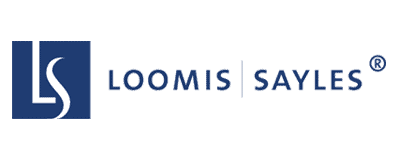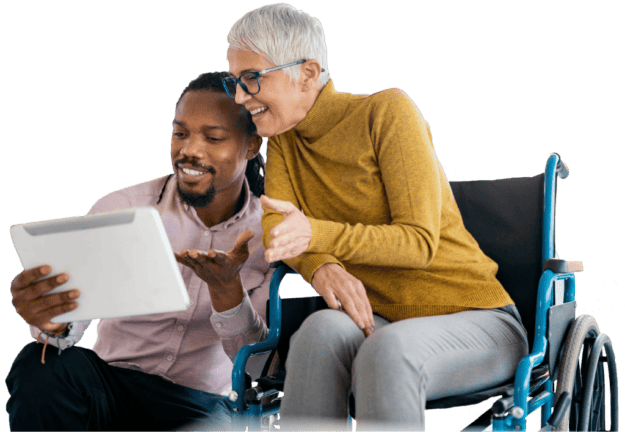Planning for Effective and Sustainable Digital Accessibility
Meeting the New ADA Title II Requirements with Excellence
Learn More Below About Planning for Effective and Sustainable Digital AccessibilityRegister Today! Planning for Effective and Sustainable Digital Accessibility
Register Today! Planning for Effective and Sustainable Digital Accessibility
Summary
With the updates in Title II of the ADA, strategic planning for digital accessibility is more critical than ever before and changes in policy, practice, and pedagogy need to be championed at the highest level of our organizations. This free session will provide tools and takeaways that can be put in place to immediately increase access, create buy-in, develop a comprehensive and sustainable digital accessibility plan, realize internal and external resources, and promote digital equity.
Abstract
A long-awaited rule, signed by Attorney General Merrick B. Garland on April 8th and published on April 24th, adds digital accessibility requirements to Title II of the Americans with Disabilities Act, affecting all government and government-funded organizations including public Higher Education institutions.
The new regulations are a legal ‘Call to Action’, requiring sustained compliance with the Web Content Accessibility Guidelines (WCAG) version 2.1 at the AA Level for all website and app content active at the end of the short 2-3 year compliance deadline. While proactive digital accessibility is now an official legal expectation, the sheer volume of digital materials (websites, web-based systems and processes, documents, online classes, apps, forms, videos, etc.) coupled with the rising threat of being found in violation of civil rights laws that protect people with disabilities is daunting. How can we take this opportunity to demystify digital access and be a key contributor to our Organization's success?

Join Dr. Ann Knettler, an experienced leader in disability access, consultant, professor, speaker, and digital accessibility strategist as she explains what is and is not covered under the new regulations, identifies key internal and external resources for remediation and accessible content creation, and provides a roadmap for creating and executing an effective, sustainable digital accessibility plan. Attendees will leave with essential actions and takeaways that will protect the Civil Rights of individuals with disabilities, significantly reduce legal risk, limit liability, and provide a strategic approach to access that can be tailored to an organization's individual needs.
Millions of documents have already been Grackled!
A small sample of what our happy customers have to say about GrackleDocs

Association of Guide Dogs in Lyon
Our organization provides guide dogs free of charge to visually impaired people to help them navigate independently.
But despite persistent efforts, we haven’t been able to teach our dogs to read. So, to produce documents that are accessible and easy to read for our beneficiaries, we associate a grackle with the dog.
This is a very user-friendly solution in our Google Workspace environment. The return on investment is excellent and the combination of Google Docs and Grackle works wonderfully.

Loomis Sayles
GrackleDocs excels in offering an exceptional client experience: always professional, responsive, and friendly.
They are consistently working with us to create efficiencies customized to our processes and are looking for ways in which we can operate at an optimal level.

Region 10 ESC
As an educational non-profit with limited budgets, we looked for an affordable solution to implement Web Content Accessibility Guidelines (WCAG) 2.0 for our G Suite output and meet requirements for OCR compliance.
We didn’t find anything else that would work as well, nor as inexpensively, as Grackle Suite to help us remediate our Google Docs, Sheets and Slides. My students who I teach accessibility to (Region 10 staff) like it and think it’s easy to learn and use. I highly recommend Grackle.
